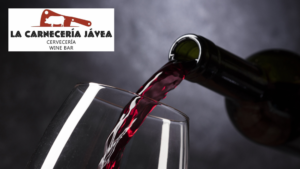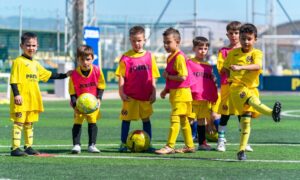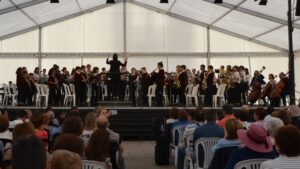The Year in Review – Part 3: Summertime Blues
A look back at an extraordinary year that has been 2020.
July 2020
On July 2nd, the Spanish Government passed a resolution officially confirming the health checks and documentation required to enter the country by air or sea. All passengers would have to undergo a health check which may include temperature measurements and documented health declarations as well as a visual assessment of the passenger’s condition.
In response to a number of outbreaks of the virus across the region, the Generalitat Valenciana made it mandatory to wear a face mask at all times on the public highway, in open and closed places, and even in areas open to the public where social distancing could be maintained. It also confirmed the scale of sanctions and fines to encourage compliance with the existing measures, ranging from 60 euros for a minor offence to 60,000 euros for very serious offices. “The purpose is dissuasive and we want citizens to understand the infractions to prevent them from occurring. It is not about stigmatizing any sector.” Minister of Justice, Interior and Public Administation, Gabriela Bravo.
As positive cases started to climb amongst the 20-40 years old age group, Xàbia called on the nightlife sector for more effort and commitment to comply with the health protocols to stop the spread of the virus. The call was particularly prompted by disturbing scenes of a blatant disregard for those protocols in a nightclub in the town which appeared on the national news. Further up the coast, Gandía had already closed its night time venues.
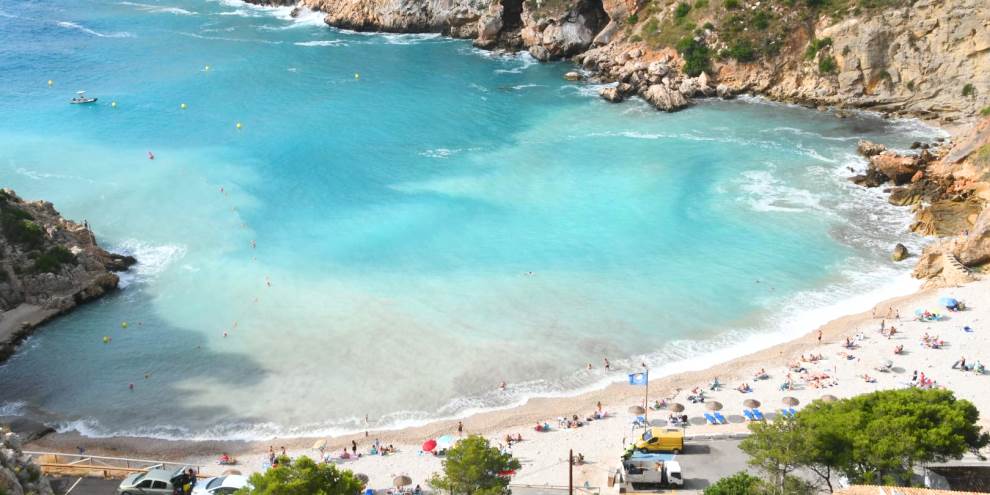
As the summer season kicked in, capacity controls were brought in to manage safe access to Xàbia’s beaches and coves in a bid to prevent the spread of the virus. Capacity limits were calculated on the basis that the health authorities advised that each person should have space of about 4 square metres. Therefore, the Arenal beach had a capacity of 2,000 bathers, La Grava 225, La Granadella 200 and Barraca/Portitxol could accommodate just 150 bathers. Within a week, it would modify the capacities to Playa de la Grava – 225; Playa del Arenal – 5,025; Playa de la Barraca/Portitxol – 475; Playa de la Granadella – 603; Playa Benissero/Primer Montañar – 779; Segon Montañar – 200; Cala Blanca – 150.
- The prestigious October 9 Civic Awards, an official ceremony which honours local people, associations and groups who have distinguished themselves in their contributions to society, were cancelled due to the continuing COVID-19 health crisis affecting the country.
- Mayor José Chulvi held a meeting with Paula Tuzón, the regional secretary for Climate Emergency and Ecological Transition to present the Council’s project to renovate the lighthouse complex at Cap de San Antoni and turn it into a space for public use.
- The Generalitat Valenciana announced that it would sign a ten-year extension in September for the Port of Xàbia concessions and the re-organization of a space where many sailing clubs have expired concessions.
- Xàbia paid tribute to master stonemason Vicente Bisquert Riera, better known as Vicent de Gràcia, by re-naming a small square on the edge of the historic centre in his honour, a landscaped open space next to Bar Trinquet which features two of his works.
August 2020
It was once suggested that the virus might be killed off by high temperatures. But, as the mercury rose to record some of the highest temperatures of the summer, this proved to be a misguided hope. We had been released from our confinement, albeit in controlled measures, but almost immediately the number of infections started rising again to levels not seen since April. The Spanish Government had to act and ordered that nightclubs and late night bars would have to close and that other bars and restaurants would have to shut their doors at 1.00am and not allow new customers to enter from midnight onwards.
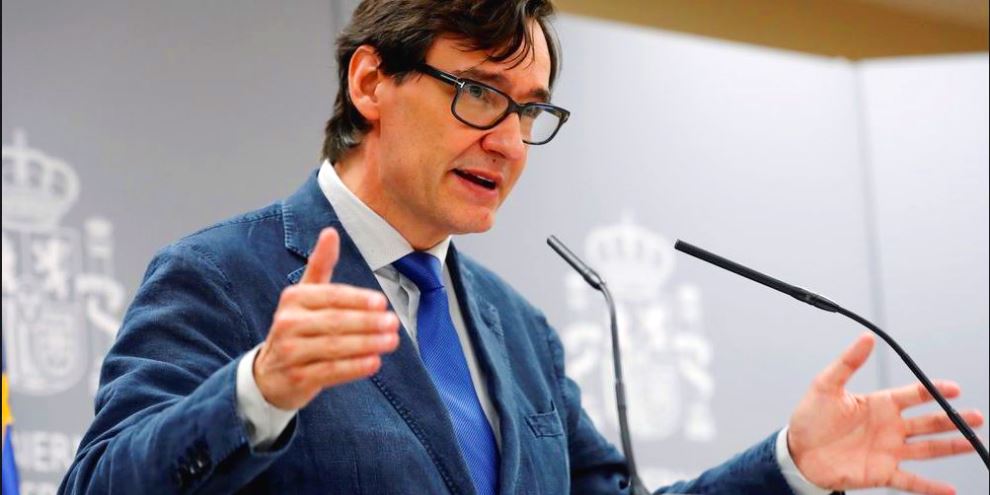
On August 18th, the Generalitat Valenciana confirmed a series of new measures to halt the spread including the closure of all nightclubs, discos and late night bars and the banning of smoking on the public highway and in outdoor spaces.
In Xàbia, local police issued 190 fines, the majority of which were for not wearing a face mask as required by law (176) whilst others were issued to bars, night spots and restaurants (12) as well as two private parties where police officers had to intervene due to the non-compliance with the required health measures of which one found up to 130 partygoers in attendance and had to be broken up in a joint operation with the Guardia Civil.
- The 2020/2021 football season would have a very different look about it after the Comunidad Valenciana Football Federation (FFCV) confirmed that there would be five Regional Preferente groups instead of the usual four and that CD Jávea would be placed in Group V.
- The Triana bridge crossing re-opened on August 7th to both pedestrian and vehicular traffic, some 13 years after the original construction was badly damaged during the 2007 floods.
- The Guardia Civil joined forces with the regional government to open investigations to determine if an arsonist had been responsible for up to seven fires that had broken out across the Marina Alta during the month.
- The 2020 Montgorock Xàbia Festival was cancelled, as the rise in cases forced the organisers to abandon any hope of staging the festival this year and formally announce its cancellation.
September 2020
Ximo Puig, president of the Generalitat Valenciana, confirmed that the restrictive measures implemented in the Comunidad Valenciana in August would be extended for another 21 days to the week beginning September 28th. And then they were extended a second time to stretch into October with Regional Minister Ana Barceló claiming that they had been effective in containing the spread of the virus. “Therefore it is important that we continue to work along these lines to prevent infections and stop possible outbreaks, to control the pandemic.”
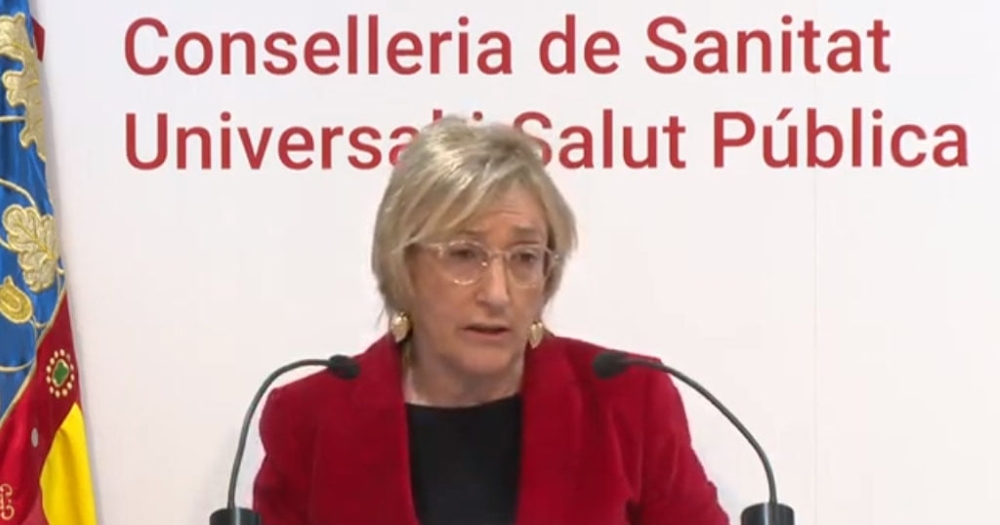
- Xàbia councillors approved funding for those affected by the national ‘state of alarm’ which locked down the country in March and April.
- The Alicante Port Authority formally made the transfer of the management of the lighthouse complex on Cap de Sant Antoni to the town council in Xàbia. As a result, the council published details for interested parties to submit tenders for the drafting of the execution phase of the project to convert the complex .
- After being forced to close back in mid-March as the coronavirus pandemic swept across the globe, the schools of Xàbia began to re-open their doors.
- CD Jávea and the Council locked horns over the latter’s decision to restrict attendances on matchday and keep the club bar closed. The issue would be resolved but a few weeks later, the region moved into a situation where all sporting events would either be cancelled or played behind closed doors.
- Business and hospitality associations in Xàbia met with representatives from the Council to assess the summer tourist campaign and develop a coordinated plan to establish a special winter season campaign to attract visitors to the town during the low season in a bid to cushion the effects of the ongoing health crisis.
Oh! and the new-look javeamigos was launched.

